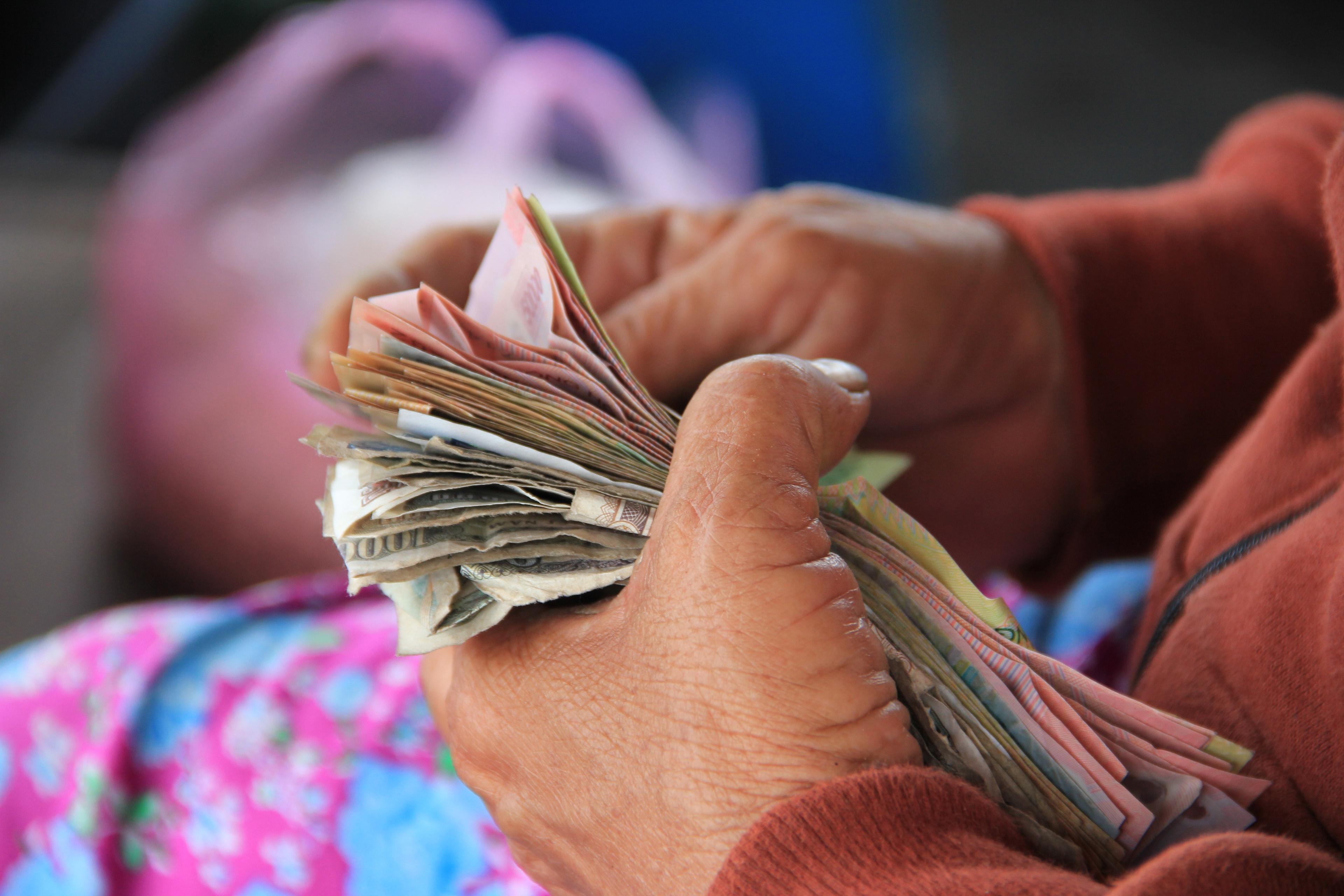Blog
Foreign bribery and money laundering: it’s time for reparation!

What do Goldman Sachs (the banking sector), Airbus (the aeronautical industry), and Ericsson (the telecommunications sector) have in common? At first glance, nothing. Apart from the fact that they have paid out several millions, even billions, of dollars to the American and British governments because of money laundering and/or foreign bribery practices: 2.9 billion US dollars ($US) paid by Goldman Sachs in 2020, around 3 billion euros by Airbus in 2020, and 1 billion US dollars by Ericsson in 2019.
Huge fines swallowed up by the general state budget
For several years now, through the conclusion of settlement agreements (also known as non-trial resolutions), astronomical sums of money have been transferred to the public treasuries of the United States (US) and the United Kingdom (UK) to resolve bribery and money laundering cases. Governments then simply incorporate these funds into the mass of revenue they collect from elsewhere. It is not possible for the public to determine the way in which the funds are used. In other words, the fines received in the context of foreign bribery and money laundering cases may go to pay for defence- and armament-related expenses. Or governments might use them to help cover ministries’ operational costs. This is instead of them being used to fund specific projects that benefit the public at large (like education or health projects), or even to finance initiatives to help combat illicit financial flows.
Fines should serve the public good
Governments should use corruption- and money laundering-related fines to serve the public interest. The US and the UK — as well as other countries that investigate foreign bribery and money laundering cases — need to implement mechanisms that allow these sums of money to be deposited in a special account (or a dedicated fund). In this way, the money can be allocated to public interest and social projects and/or anti-corruption and anti-money laundering activities. For example, civil society organisations such as Transparency International, Global Witness, or Global Financial Integrity could benefit from such funding to conduct their work in combatting economic and financial crime.
A certain portion of the fine should also be deducted to cover investigation costs. In Switzerland, this portion amounts to 2.5% of the value of the assets confiscated in ill-gotten gains cases.
The US$2.9 billion in fines that Goldman Sachs will pay to the US, the UK, and other governments’ treasuries offers a tremendous opportunity to finally use the funds for the public good.
Apart from using fines for the public interest, another vital question must be asked: surely those countries affected by the acts of corruption should also receive some reparation?
A step towards greater justice: repairing the damage caused by foreign bribery
There are strong arguments in favour of ear-marking money recovered as a result of corrupt practices to benefit the people who have suffered most as a result of those practices. In the great majority of foreign bribery and money laundering cases, the illicit practices take place in developing countries. For example, Ericsson paid bribes in Djibouti, Vietnam, Indonesia, and Kuwait, while Airbus paid bribes in Malaysia, Sri Lanka, Colombia, and Ghana. Yet neither of these companies paid bribes in the US or the UK. However, the settlements concluded between the British or the American authorities and companies such as these do not allow for the countries affected by corruption to receive any of the proceeds from the fines. Yet, the proceeds from corrupt practices are very often amassed at the expense of developing countries, and consequently at the expense of their citizens.
Corruption undermines the rule of law and its institutions. It carves out inequalities between, on the one hand, those who get rich and benefit from illicit practices and, on the other, the rest of the citizens. While it may be invisible, corruption has devastating long-term economic, social, and environmental consequences. It is therefore crucial for the populations of those countries harmed by illicit practices to also benefit from the funds that are recovered.
Some countries, such as the UK or France, allow for the payment of compensation to victims (usually states, organisations, and individuals) of foreign bribery. However, it is difficult for a victim to fulfil the criteria to qualify as a victim. For example, victims must provide evidence that their loss resulted from bribery, and that they suffered directly as a result of the corrupt act. Unfortunately, corruption is diffuse: proving that it has deprived citizens of essential public services like hospitals and schools, because the money was embezzled, is all but impossible. As a consequence, compensation mechanisms are theoretically interesting, but insufficient to repair the damage suffered by citizens.
As an alternative, countries that investigate foreign bribery cases should establish a specific reparation mechanism for the benefit of citizens of countries where the corrupt practices occurred. Arguments for this include Makinwa 2020 and Olaya Garcia 2020a, the Anti-corruption Summit Communiqué 2016, as well as Theriault-Lachance 2020 and Hickey 2019. Illicit profits from corruption and laundering practices should be recovered (a process known as disgorgement of profit), and then returned to the countries affected by illicit practices. In other words, each resolution of a foreign bribery and/or money laundering case must include reparation.
Features of a reparation mechanism
The establishment of a reparation mechanism raises several issues, as described by Olaya Garcia 2020b. The money needs to serve the general interest and meet the real needs of the countries concerned. It is also important that these funds do not fall into the hands of élite groups, who may well have played a role in the initial corruption that led to fines being levied. Lastly, any reparation should not be part of the development aid contribution of the investigating countries to the receiving countries. This is because the illicit profits never originally belonged to the prosecuting countries.
Any reparation mechanism should therefore be built on pillars and principles similar to those formulated in cases of ill-gotten gains. That is:
- transparency concerning the allocation of funds;
- integrity in the spending of these funds;
- accountability for the way the funds are used; and
- solidarity to ensure that the funds are used for social or public good (as described by Transparency International France [site in French] and the Global Forum for Asset Recovery).
One option could involve the countries that carry out recoveries putting the money in a special fund managed by the United Nations Office on Drugs and Crime. This fund could finance projects and initiatives aimed at reinforcing the rule of law, combatting corruption, and protecting whistle-blowers, journalists, and civil society in countries harmed by corrupt practices. Recovered funds could also be transferred to the World Food Programme, to improve the quality of life in the countries affected by corruption and provide better access to essential services.
These billions of dollars must be used for the general public good. Targeted funding and reparations are even more critical now as the Covid-19 pandemic strikes hard at economies, with disastrous social and environmental consequences throughout the world.
Disclaimer
All views in this text are the author(s)’, and may differ from the U4 partner agencies’ policies.
This work is licenced under a Creative Commons Attribution-NonCommercial-NoDerivatives 4.0 International licence (CC BY-NC-ND 4.0)

